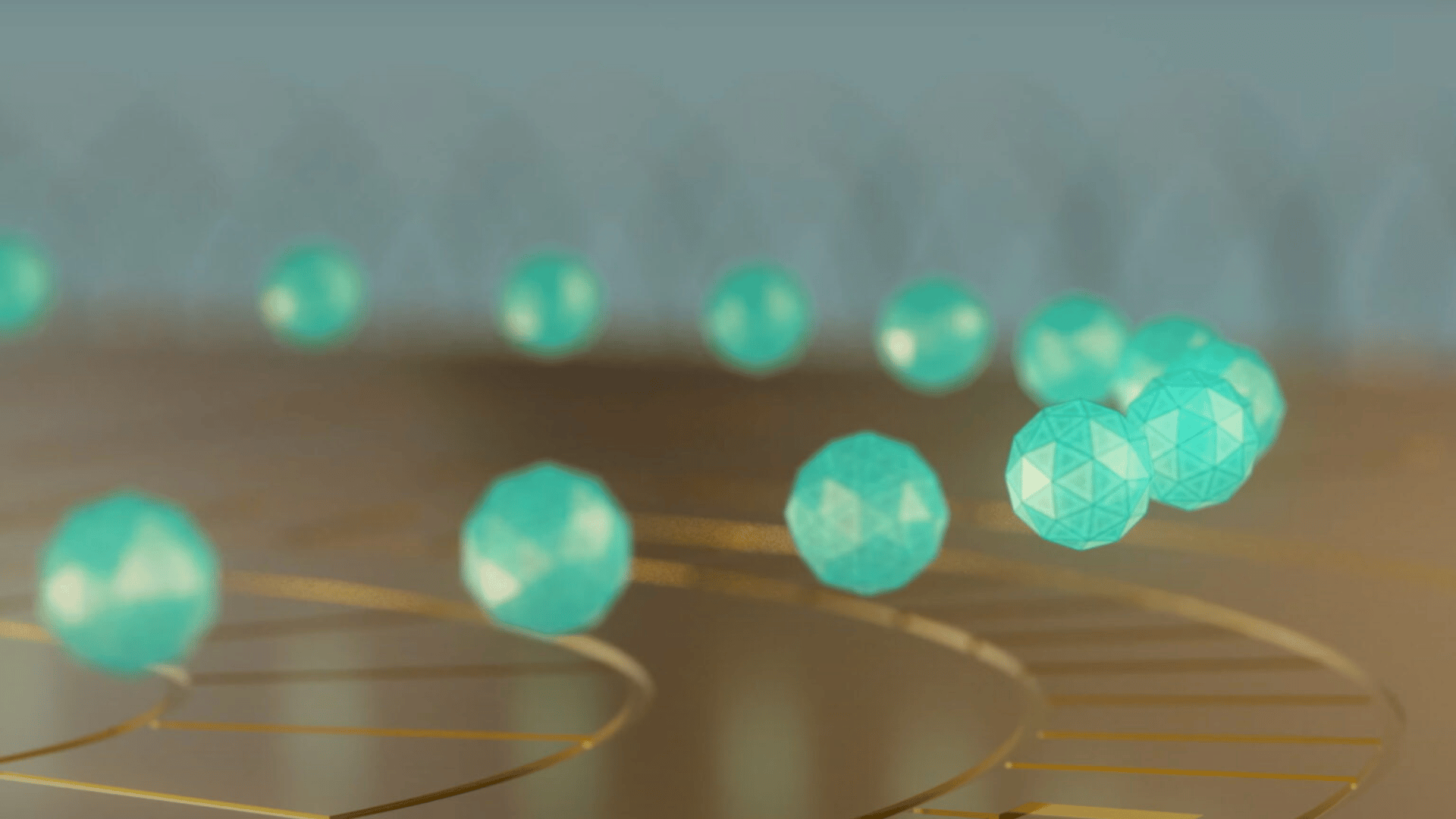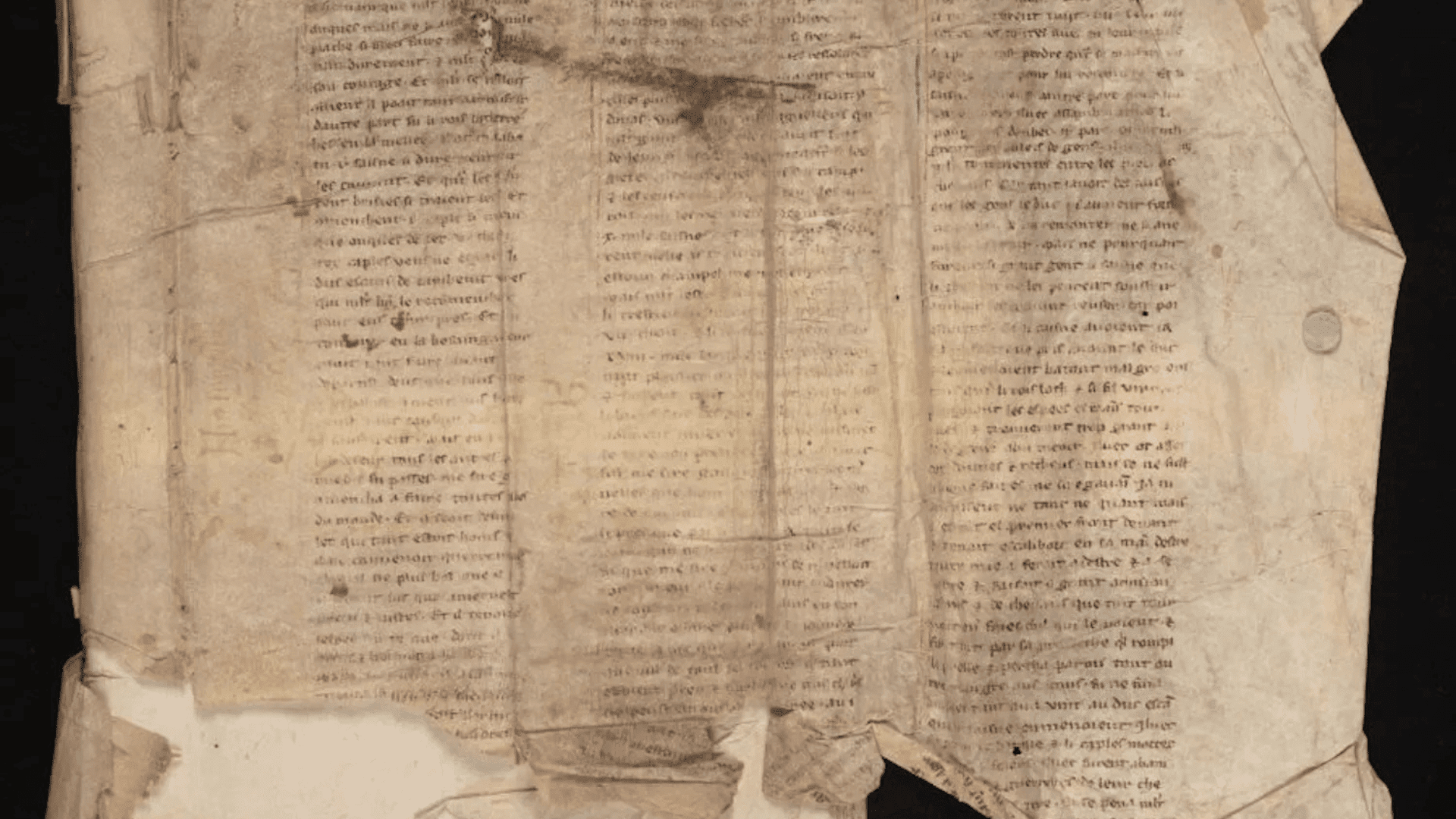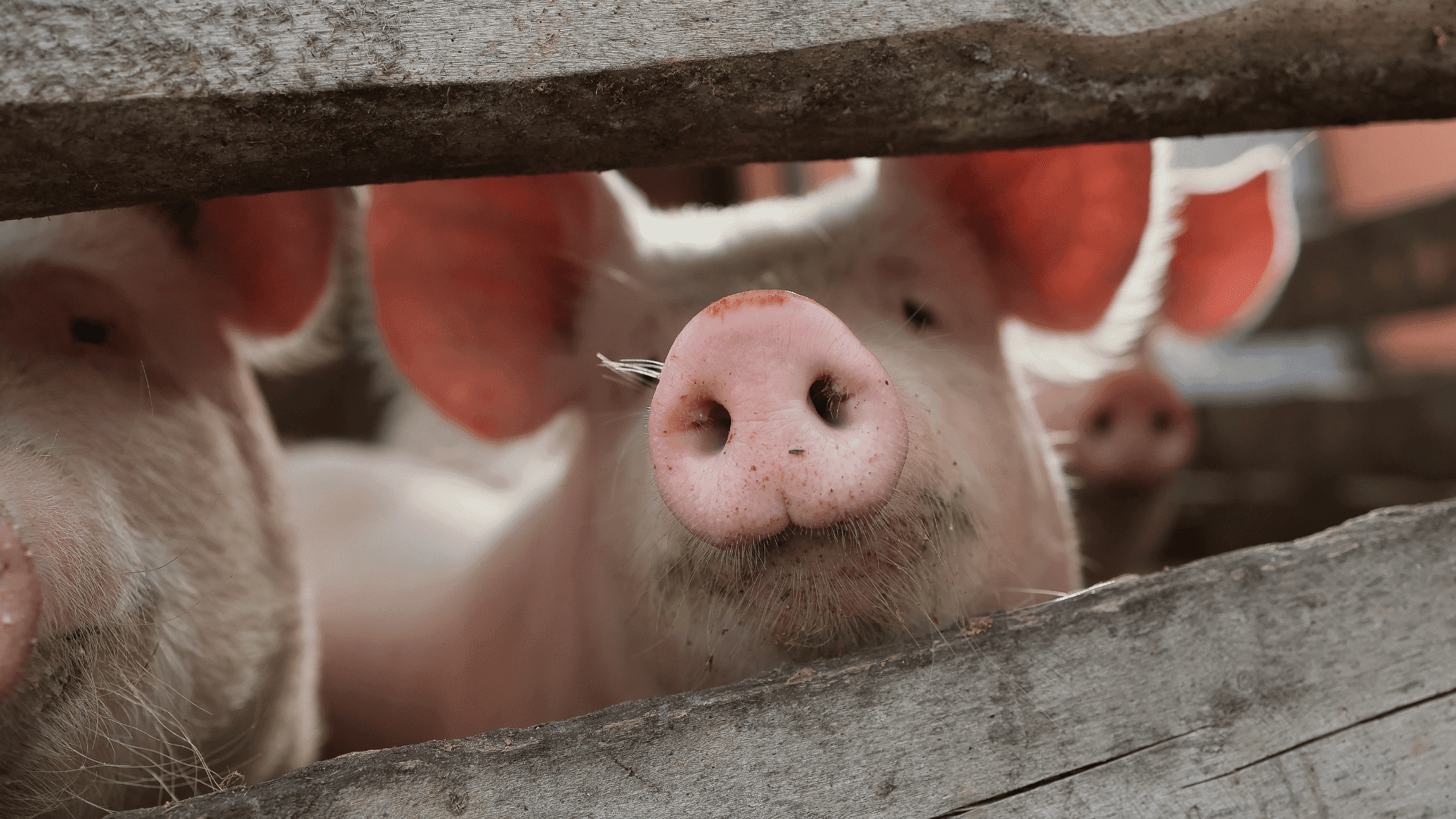For the first time ever, a quantum computer has successfully used entangled qubits to generate a random number, showcasing a capability surpassing even the most powerful supercomputer.
A Quantum Leap

Researchers from the US and UK leveraged existing quantum supremacy experiments on Quantinuum’s 56-qubit computer to roll God’s dice. The resulting number was so random that no amount of physics could have predicted it.
When we pick a card, roll dice, think of a number, or do anything that requires probability, our actions are a combination of reliable and predictable rules. Even chaotic phenomena, such as the movement of wax in lava lamps, are theoretically ruled by thermodynamics.
Since a web of rules is in place, patterns can emerge that a smart computer could predict. This is less than ideal for encryption, as users want those to be as secure as possible.
Quantum physics, on the other hand, involves determining a particle’s properties by a built-in random number generator. Stitching together the fates of 56 ‘quantum dice’ and using Aaronson’s and Hung’s protocol, the team forced Quantinuum’s device to solve a series of problems that relied on its random selection process.
To ensure the end result was truly random, the researchers confirmed the outcome across multiple supercomputers through a standardized benchmark protocol that compares the quantum server’s results with theoretical ideals.
With a combined performance of over one million trillion operations per second, the computers’ process score easily meets the benchmark for true randomness. This means the solution contained no loopholes that a bank of advanced supercomputers could find and decode.
Computer scientist Rajeeb Hazra, president and CEO of Quantinuum, says this is “a pivotal milestone that brings quantum computing firmly into the realm of practical, real-world applications.”
University of Texas Austin computer scientists Scott Aaronson and Shih-Han Hung proposed a method of generating certified random bits using random circuit sampling years ago. The proposed method is designed to test a device’s capability to acquire the maximum amount of quantum magic from its qubits with the least amount of classical tinkering.
“Our application of certified quantum randomness not only demonstrates the unmatched performance of our trapped-ion technology,” says Hazra, “but sets a new standard for delivering robust quantum security and enabling advanced simulations across industries like finance, manufacturing, and beyond.”







